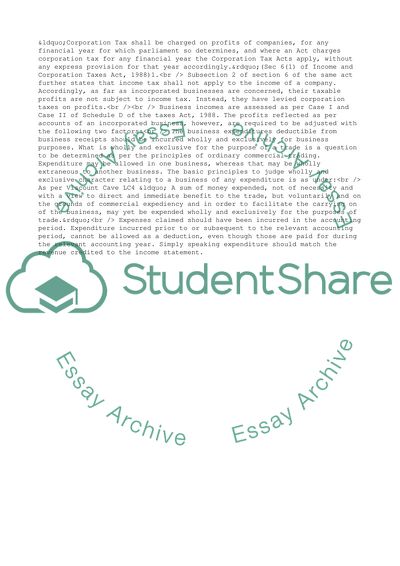Cite this document
(Business Venture of John Jones Assignment Example | Topics and Well Written Essays - 2000 words, n.d.)
Business Venture of John Jones Assignment Example | Topics and Well Written Essays - 2000 words. Retrieved from https://studentshare.org/business/1712218-given-scenariojohn-jones-uses-the-grounds-of-his-house-to-sell-plants-and-garden-equipment
Business Venture of John Jones Assignment Example | Topics and Well Written Essays - 2000 words. Retrieved from https://studentshare.org/business/1712218-given-scenariojohn-jones-uses-the-grounds-of-his-house-to-sell-plants-and-garden-equipment
(Business Venture of John Jones Assignment Example | Topics and Well Written Essays - 2000 Words)
Business Venture of John Jones Assignment Example | Topics and Well Written Essays - 2000 Words. https://studentshare.org/business/1712218-given-scenariojohn-jones-uses-the-grounds-of-his-house-to-sell-plants-and-garden-equipment.
Business Venture of John Jones Assignment Example | Topics and Well Written Essays - 2000 Words. https://studentshare.org/business/1712218-given-scenariojohn-jones-uses-the-grounds-of-his-house-to-sell-plants-and-garden-equipment.
“Business Venture of John Jones Assignment Example | Topics and Well Written Essays - 2000 Words”. https://studentshare.org/business/1712218-given-scenariojohn-jones-uses-the-grounds-of-his-house-to-sell-plants-and-garden-equipment.


